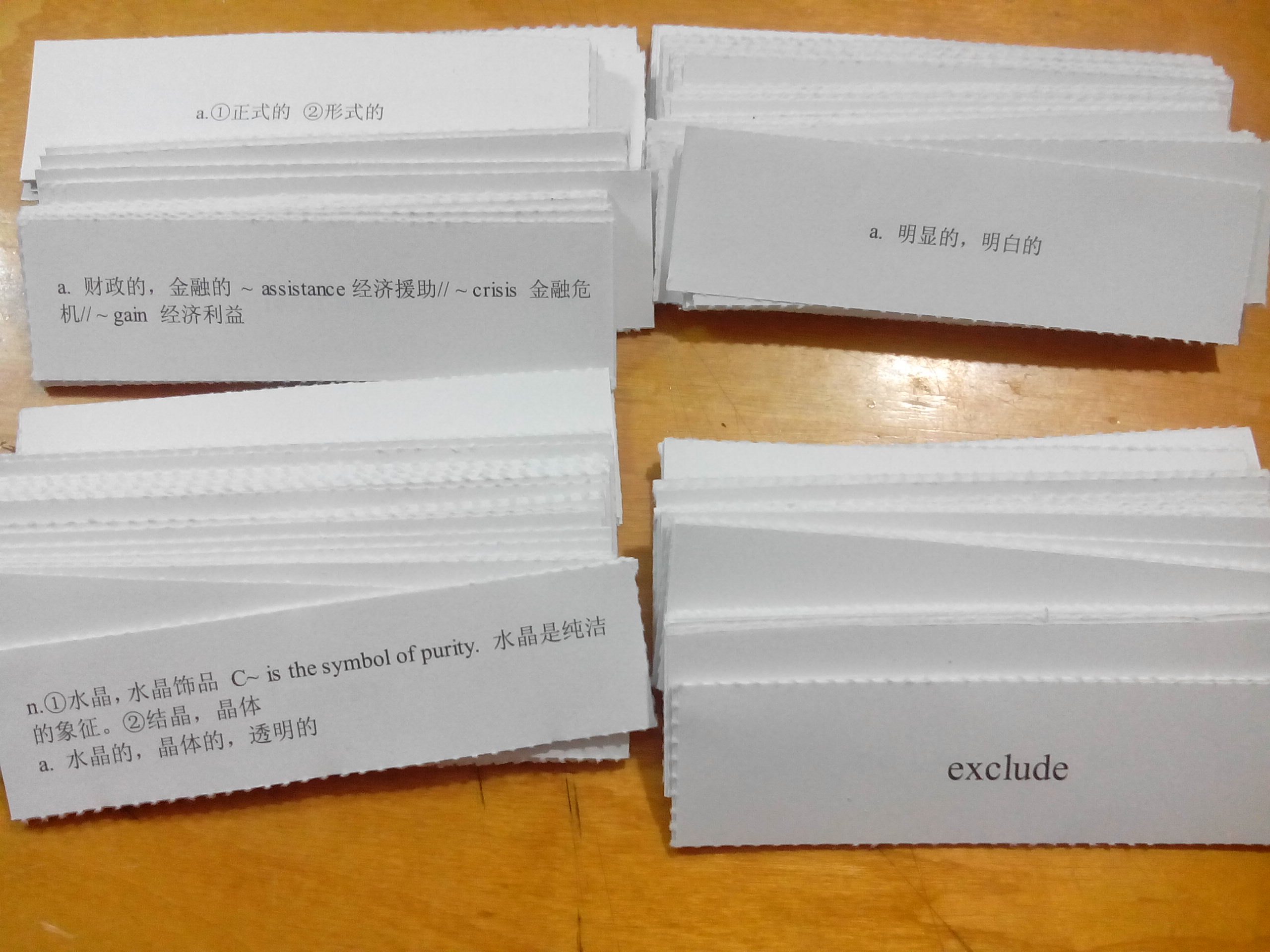 返回
教育头条
返回
教育头条

考研英语阅读例证题解题思路分析 考研复试
考研英语阅读例证题解题思路,根据考研英语大纲,例证题考察的是考生区分文中论点论据的能力。那么究竟是考论点还是论据呢?我们来看一个例子:
(2003text4)Death is normal; we are genetically programmed to disintegrate and perish, even under ideal conditions. We all understand that at some level, yet as medical consumers we treat death as a problem to be solved. Shielded by third party payers from the cost of our care, we demand everything that can be possibly done for us, even if it’s useless.The most obvious example is late-stage cancer care. Physicians - frustrated by their inability to cure the disease and fearing loss of hope in their patients - too often offer aggressive treatments far beyond what is scientifically justified.

The author uses the example of cancer patients to show that
A. Medical resources are often wasted
B. Doctors are helpless against fatal diseases
C. Some treatments are too aggressive
D. Medical costs are becoming unaffordable
从本题我们看出例证题并不是考察例子本身,而是考察例子所说明的观点。本题观点为“由于受到第三方支付商的保护而免交治疗的费用,我们常常要求用尽一切可以为我们所用的医疗措施,即使它们没用。”由此可得出“医疗资源经常被浪费。”
那么,到底何为例证题呢?顾名思义,即“例子”证明了什么?它的题干通常有非常明显的标志:The author used the example/story/case of ... to show/illustrate/demonstrate...?这就属于例证题的提问方式无疑了。但有时它并没有明显的“例子”和“证明”等标志词,如
这时则需要通过在原文中定位题干,如果在原文中它是论据,(论据往往为过去时,数字多、专有名词多、出现在某地(如 In America)、出现举例(for example/such as/ for instance等)则可判断为论据)则这是个例证题。
(2003text4)Death is normal; we are genetically programmed to disintegrate and perish, even under ideal conditions. We all understand that at some level, yet as medical consumers we treat death as a problem to be solved. Shielded by third party payers from the cost of our care, we demand everything that can be possibly done for us, even if it’s useless.The most obvious example is late-stage cancer care. Physicians - frustrated by their inability to cure the disease and fearing loss of hope in their patients - too often offer aggressive treatments far beyond what is scientifically justified.

The author uses the example of cancer patients to show that
A. Medical resources are often wasted
B. Doctors are helpless against fatal diseases
C. Some treatments are too aggressive
D. Medical costs are becoming unaffordable
从本题我们看出例证题并不是考察例子本身,而是考察例子所说明的观点。本题观点为“由于受到第三方支付商的保护而免交治疗的费用,我们常常要求用尽一切可以为我们所用的医疗措施,即使它们没用。”由此可得出“医疗资源经常被浪费。”
那么,到底何为例证题呢?顾名思义,即“例子”证明了什么?它的题干通常有非常明显的标志:The author used the example/story/case of ... to show/illustrate/demonstrate...?这就属于例证题的提问方式无疑了。但有时它并没有明显的“例子”和“证明”等标志词,如
这时则需要通过在原文中定位题干,如果在原文中它是论据,(论据往往为过去时,数字多、专有名词多、出现在某地(如 In America)、出现举例(for example/such as/ for instance等)则可判断为论据)则这是个例证题。
好了,以上就是考研英语阅读例证题解题思路分析 考研复试的介绍,如对本文有疑问或者想了解更多考研英语信息,请与我们联系,我的微信18560125702。教育宝是一家教培行业第三方平台,5年以上工作经验的学习顾问能给你最客观公正的建议,帮你辨别课程好坏,为你提供学习帮助。返回教育宝头条
【免责声明】本文仅代表作者本人观点,与教育宝无关。教育宝对文中陈述、观点判断保持中立,不对所包含内容的准确性、可靠性或完整性提供任何保证。请读者仅作参考,特此声明!
相关推荐
-
复试是考研中很关键的一步在口语和听力部分有什么诀窍可以保证高分
考研英语 2018年08月15日 16:55:44 -
考研英语 2018年08月22日 00:53:16
-
考研英语 2018年09月19日 09:57:04
-
雅思阅读Global Warming in New Zealand真题讲解
考研英语 2018年09月19日 09:57:08 -
考研英语 2018年09月19日 13:41:54





